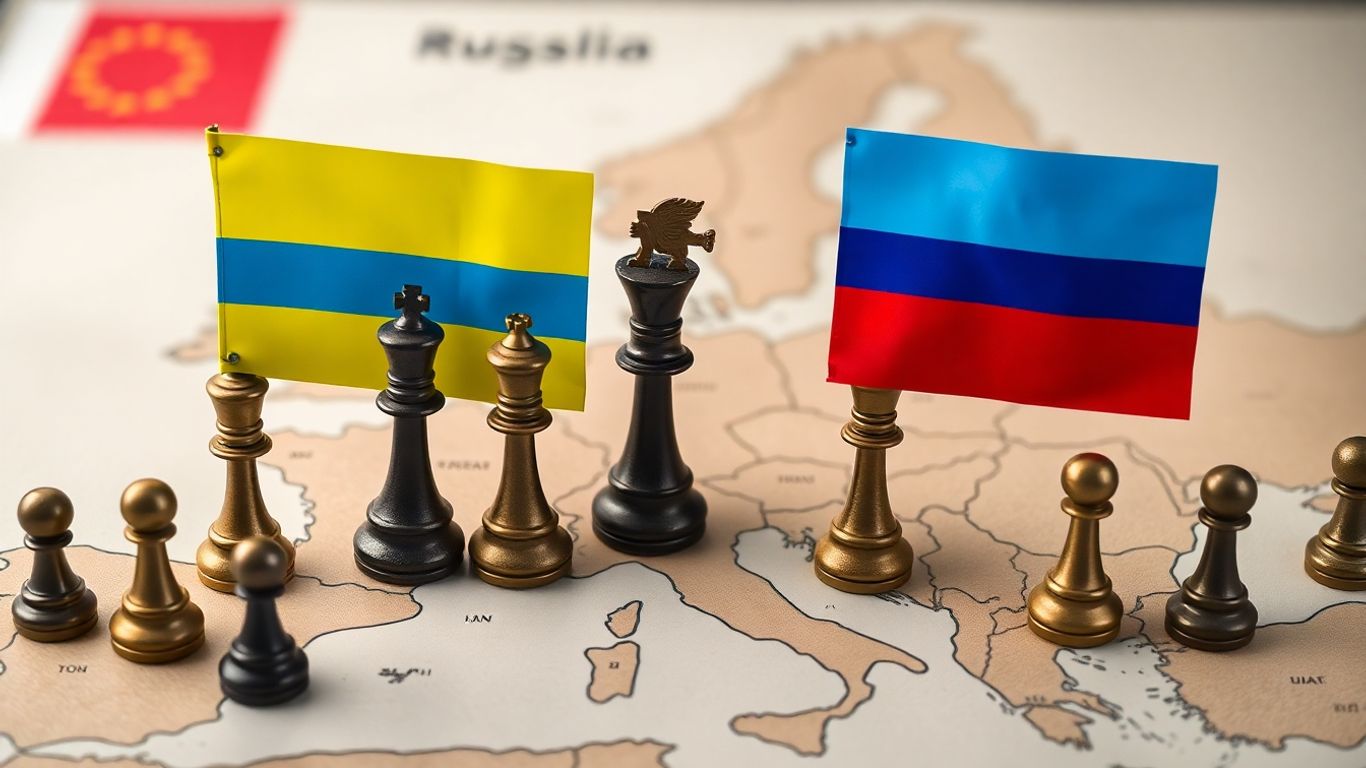The ongoing war in Ukraine has significantly reshaped the political landscape of the Western Balkans, intensifying great power competition in the region. This geopolitical shift is characterized by increased external influence, lingering nationalist tensions, and a complex interplay between regional actors and global powers, all vying for influence amidst a fragile geopolitical environment.
Key Takeaways
- The war in Ukraine has amplified geopolitical competition in the Western Balkans, with external powers seeking to expand their influence.
- The region remains vulnerable to destabilizing interventions, fueled by lingering nationalist sentiments and unresolved ethnic and border disputes.
- Efforts by external actors, including lobbying campaigns and political warfare, aim to sway regional allegiances and exploit existing divisions.
- The European Union’s engagement, while aimed at integration, faces challenges from other geopolitical players and the region’s internal complexities.
Geopolitical Chessboard
The conflict in Ukraine has placed the Western Balkans under a renewed spotlight, with major global powers actively engaged in the region. The European Union, through initiatives like the EU Growth Plan, attempts to solidify its influence and accelerate the path to membership for candidate countries. However, this effort is complicated by the presence of other geopolitical actors seeking to exploit the region’s vulnerabilities.
Lingering Tensions and External Interference
Beneath the surface of apparent calm, nationalist tensions persist in the Western Balkans. Bosnia and Herzegovina faces secessionist threats from its Serb component, while Kosovo grapples with its own internal divisions and potential external pressures. The region is seen as susceptible to destabilizing interventions, with external powers employing various tactics, including sophisticated political warfare and influence campaigns. These operations often involve well-connected lobbyists and aim to cast regional leaders in a favorable light, echoing grievances of populist leaders and aligning with their political agendas.
The ‘Kosovo Model’ and NATO Aspirations
Amidst the broader geopolitical competition, proposals have emerged to leverage the Balkan situation to influence the conflict in Ukraine. One such idea suggests applying the "Kosovo Model" to the Donbas region, involving a UN administration and a future settlement based on the "will of the people." Simultaneously, there are discussions about potentially bringing Serbia into NATO, a move that could significantly alter the regional balance of power and serve as a strategic blow to Russian influence. Such proposals highlight the intricate connections between the Western Balkans and the wider European security architecture.
Unmasking Invisible Hands
Experts are increasingly focused on identifying and countering "invisible hands"—the subtle yet impactful foreign interference operations in the Western Balkans. These efforts often involve a complex interplay between external influence and domestic enablers, blurring the lines between allies and adversaries. Understanding and mitigating these influences are crucial for bolstering the region’s resilience and navigating the current era of strategic competition.
Sources
- The war in Ukraine and political chess in the Balkans, eKathimerini.com.
- Trump Allies Push to Bolster Putin-Backed Balkans Leader, The New York Times.
- Balkans Breakthrough for Ukraine: Bring Serbia into NATO & the Kosovo Model into the Donbas, The SAIS Review of International Affairs.
- Will Russia’s Political Warfare Operations in the Balkans Fuel Its Next War?, Foreign Policy Research Institute.
- Invisible hands: Unmasking foreign interference in the Western Balkans, European Union Institute for Security Studies |.






